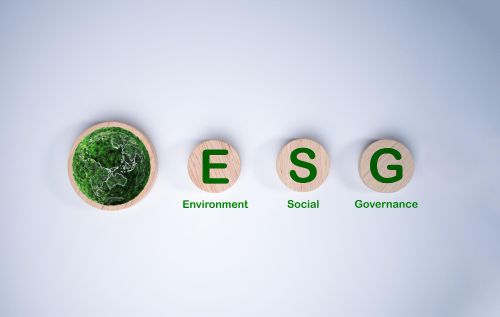EU Revises Climate Regulations to Ease Business Burden


Cut through the green tape
We don't push agendas. At Net Zero Compare, we cut through the hype and fear to deliver the straightforward facts you need for making informed decisions on green products and services. Whether motivated by compliance, customer demands, or a real passion for the environment, you’re welcome here. We provide reliable information—why you seek it is not our concern.
As of February 2025, the European Commission is actively reviewing its environmental policies under the European Green Deal, citing concerns over economic competitiveness and regulatory burdens on businesses. The initiative aims to balance ambitious climate goals with the need to strengthen Europe’s position in the global market.
Key Policies Under Review
Two major sustainability directives are being reconsidered:
Corporate Sustainability Reporting Directive (CSRD) – Initially designed to enhance corporate transparency on environmental and social impacts, the CSRD may see relaxed reporting thresholds. Companies with over 1,000 employees and a net turnover exceeding €450 million may remain covered, while smaller firms could be exempted.
Corporate Sustainability Due Diligence Directive (CSDDD) – This directive, which requires companies to address human rights and environmental issues in their supply chains, could be revised to focus only on direct business partners and subsidiaries, reducing compliance costs for affected companies.
Why the Rollback?
The reassessment is driven by several factors:
Competitiveness Concerns – European businesses are struggling to compete with companies in China and the U.S., where sustainability regulations are less stringent.
Regulatory Burden – France, Germany, and industry groups argue that the current sustainability rules create excessive administrative costs and hinder business operations.
Planned Changes and Business Response
The European Commission is preparing an "omnibus" package to streamline sustainability laws. Proposed measures may include delaying implementation deadlines until 2028, lowering penalties for non-compliance, and limiting legal actions against companies for failing to meet sustainability obligations.
Industry reactions remain mixed. Some businesses welcome regulatory relief, while others worry about the uncertainty of shifting rules. Companies such as Nestlé, Mars, and Unilever have urged the Commission to maintain policy consistency, arguing that stability is crucial for long-term investment and planning.
Political and Environmental Implications
The potential rollback has sparked debate within the EU. Supporters argue that regulatory flexibility will boost economic growth, while critics warn that weakening sustainability policies could undermine Europe’s leadership in climate action.
With European Commission President Ursula von der Leyen beginning her second term, the future of the Green Deal remains uncertain. The coming months will determine whether Europe stays its course on climate leadership or shifts towards a more business-friendly regulatory framework.
Source: reuters.com, wsj.com

More related content

New €87 Million Scheme Backs Green Hydrogen Projects in Former Germ...

California's Updated Clean Fuel Standards Set to Take Effect

European Supervisors Seek Public Input on ESG Stress Testing Guidel...
